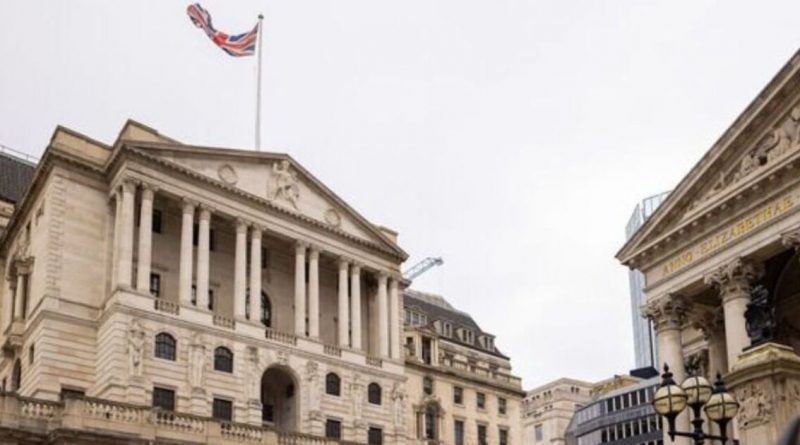Interest rate cuts ‘a long way off’ warns Bank of England expert | Personal Finance | Finance
A key member of the Bank of England’s Monetary Policy Committee (MPC) has thrown cold water on hopes of an imminent cut in interest rates.
City finance experts – and many Tory politicians – have put pressure on the Bank and its governor, Andrew Bailey, to cut the base rate from the current figure of 5.25 percent.
However, Jonathan Haskel, an external member of the MPC, which sets the rates, has stated that any cuts should be “a long way off”.
The Bank has used raised interest rates to take money out of the pockets of the nation, so cooling spending power and the ability of businesses to put up prices.
This has brought the headline rate of inflation down to 3.4 percent and triggered hopes it will hit the target of 2 percent in a few months.
Despite this, Mr Haskel, who is an external member of the MPC, argues it is too soon to declare that the fight to bring down underlying inflation has been won.
He told the Financial Times: “Although the fall in headline inflation is very good news, it is not informative about what we really care about: what we really care about is the persistent and the underlying inflation.
“I think cuts are a long way off.”
He raised concerns that strong rises in wages threaten to keep price rises and inflation higher than the Bank would like.
Mr Haskel’s approach would seem to indicate a serious split in the MPC over the future path of interest rates in the coming months.
He is not alone in taking a cautious approach. Catherine Mann, another external member of the MPC, last week warned the markets are pricing in too many rate cuts this year in an interview with Bloomberg.
By contrast, just last week, the Bank’s governor, Mr Bailey, pointedly stated that interest rate cuts were “in play”.
The high base rate has led to higher interest rates on everything from home loans to personal loans and credit cards.
This has coincided with spikes in the number of mortgage holders who are behind on repayments and insolvencies for individuals and businesses.
The future path of interest rates and their impact on consumer confidence and financial well-being are seen as crucial for the Conservatives in the year of a General Election.




